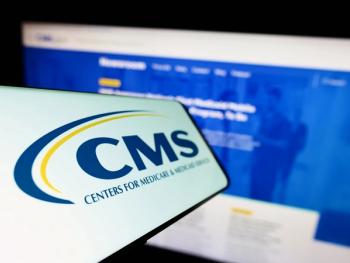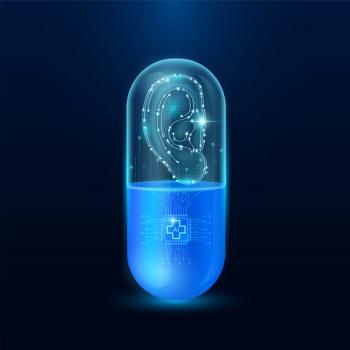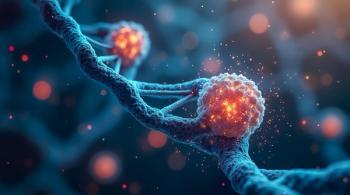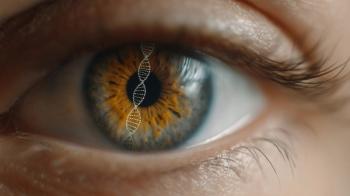
Gene Therapy for Rare Pediatric Brain Disease Shows Long-Term Benefit But Also Underscores Risks
One of two new studies found most patients doing well six years after treatment. Another study found blood cancers in 17% of patients given the therapy using a slightly different protocol.
.
Cerebral adrenoleukodystrophy (CALD) is an ultra-rare, X chromosome-linked disease that causes progressive degeneration of the brain and, typically in the second decade of life, death. It was untreatable until the FDA in 2022 granted Bluebird Bio’s gene therapy Skysona (elivaldogene autotemcel) accelerated approval, which requires post-market studies to confirm continuing safety and efficacy.
Researchers at the time had reported three cases of cancer, which were discussed at length by the independent advisory committee that considered the treatment. They nevertheless voted unanimously to recommend approval for boys ages 4 to 17, based on what they considered convincing evidence of its ability to slow the worsening neurologic dysfunction.
The root cause of CALD is a malfunctioning form of the ABCD1 gene. Skysona involves placing a healthy form of the gene onto a lentivirus vector that is then added to blood stem cells derived from the patient and re-infused.
Two research articles that followed different groups of boys who received the gene therapy were published Oct. 9, 2024, in the New England Journal of Medicine. FDA approval was for boys ages 3 to 13. The treatment’s list price is $3 million.
The long-term studyis ongoing for 13 years. After a median of six years, the neurologic function score was stable in 94% of patients, and 81% had no major functional disabilities. Overall survival was 94%.
Most experienced some sort of serious adverse event. One patient developed myelodysplastic syndrome, a type of blood cancer, approximately 7 1/2 years after treatment.
“When I initially began treating patients with CALD, 80% came into our clinic on death's door, and now the ratio has flipped,” first author Florian S. Eichler, M.D., a neurology professor at Harvard Medical School and director of the Leukodystrophy Clinic in the Department of Neurology at Massachusetts General Hospital, said in a Medical Xpress
“We cautiously celebrate that we have been able to stabilize this neurologic disease and give these boys back a fulfilling life, but that jubilation is dampened by the fact that we see malignancy in a subset of these patients,” continued Eichler, noting the concern about the one malignancy in his ALD-102 study and more found in another study.
That study, called ALD-104, involved the same gene therapy but used a different chemotherapy regimen (fludarabine instead of cyclophosphamide) to prepare patients for the infusion.
The first author of that study was Christine N. Duncan, M.D., an associate professor of pediatrics at Harvard Medical School and medical director of Clinical Research and Clinical Development in the Gene Therapy Program at Boston Children's Hospital and a physician at Dana-Farber/Boston Children's Cancer and Blood Disorders Center. Duncan, Eichler and four other researchers among the more than 20 authorsappear on both papers.
Eichler was a co-author of the ALD-104 study. That team drilled down into possible causes of the blood cancers that developed in patients involved in both studies: the one (3% of the initial 32 patients) in Eichler’s ALD-102 study and six out of the 35 patients (17%) enrolled in the ALD-104 study, for a total of seven cancers among 67 patients. They reported the results in same Oct.9, 2024, issue of the New England Journal of Medicine as Eichler reported the favorable ALD-102 results.
All of the blood cancers had been previously reported to the FDA by Bluebird bio, which developed the Skysona and sponsored of both trials. The agency updated the Skysona label in April 2024.
Five of the cancers in ALD-104 trial, like the one in ALD-102, were myelodysplastic syndrome. The sixth was acute myeloid leukemia (AML). The researchers determined that all seven cancers were “probably mediated” by the engineered lentivirus insertion that releases Skysona into the body.
Six patients subsequently stem cell transplants. Four are now free of myelodysplastic syndrome, and their neurologic condition caused by the disease remains stable. One died from graft-versus-host disease. The researchers reported that the single AML patient was free of myelodysplastic syndrome at the most recent follow-up. The most patient most recently diagnosed with myelodysplastic syndrome patient is awaiting a transplant.
In an accompanying
As for the cancers, she wrote, “These troubling events raise the bar for offering eli-cel [Skysona] autologous gene therapy for cerebral adrenoleukodystrophy.”
Newsletter
Get the latest industry news, event updates, and more from Managed healthcare Executive.

























